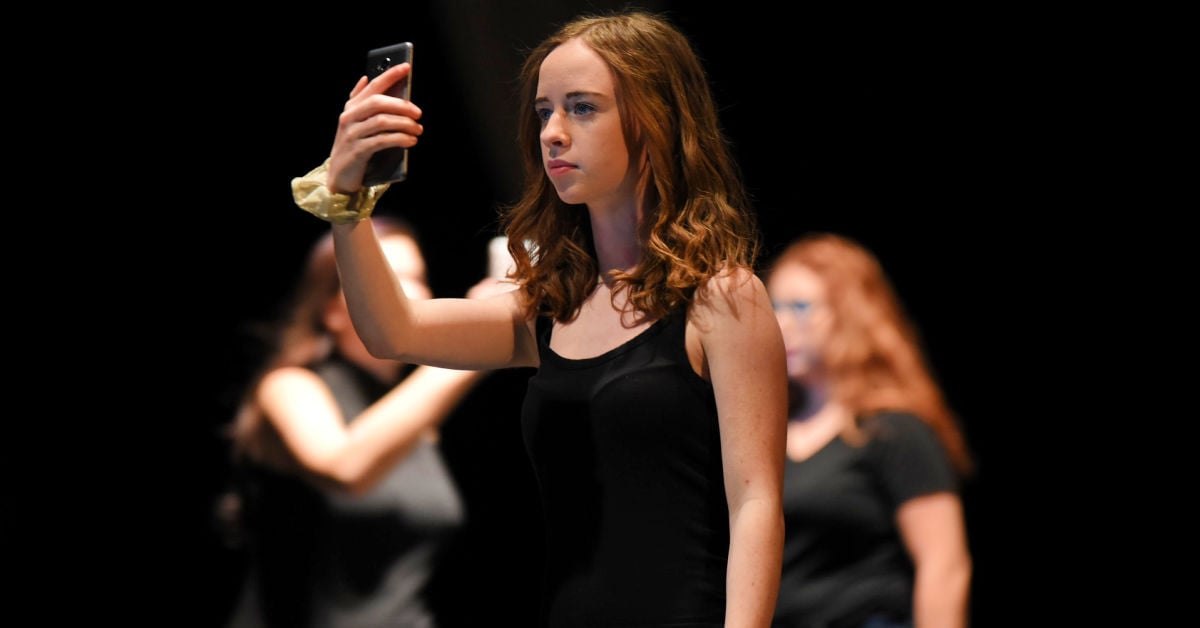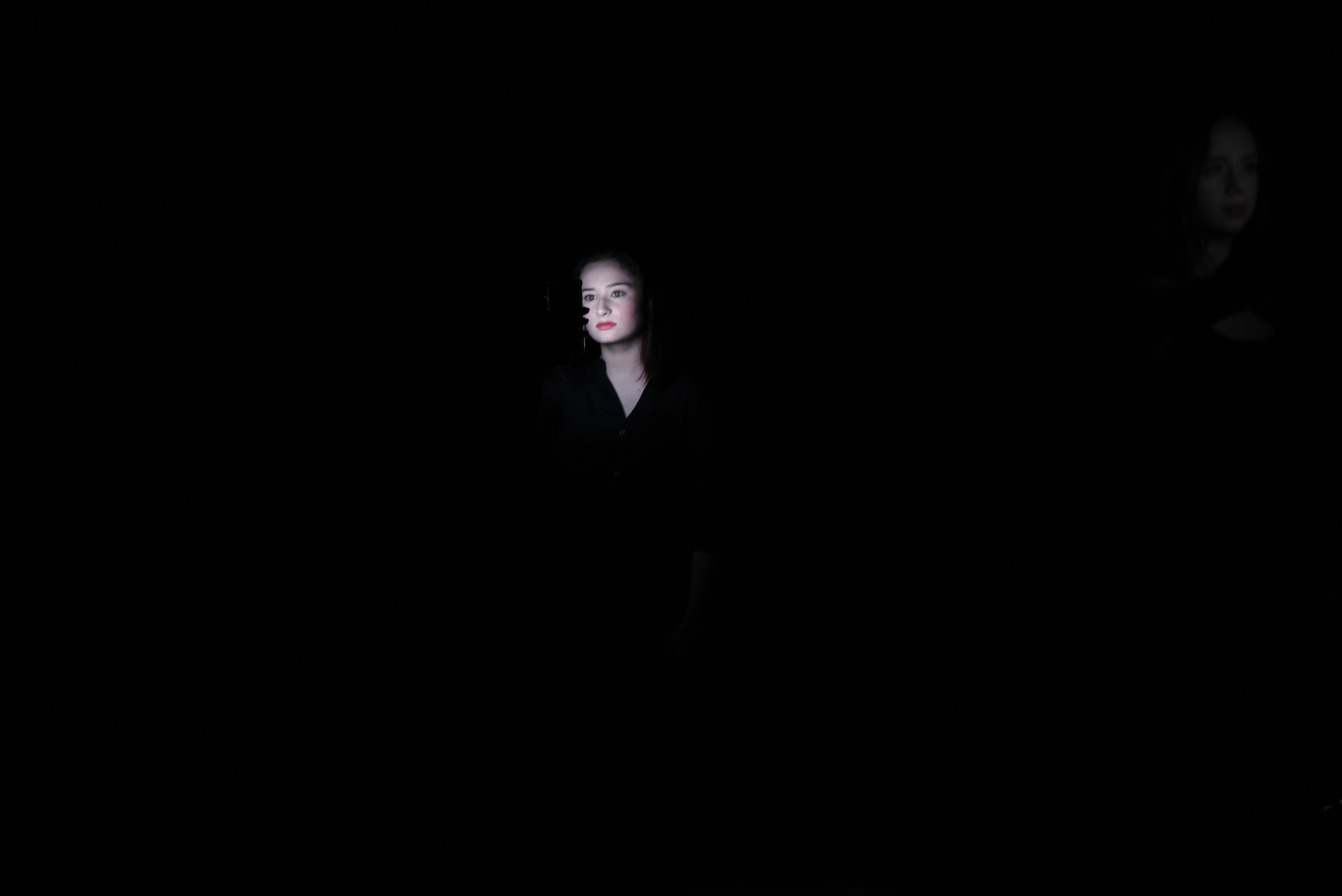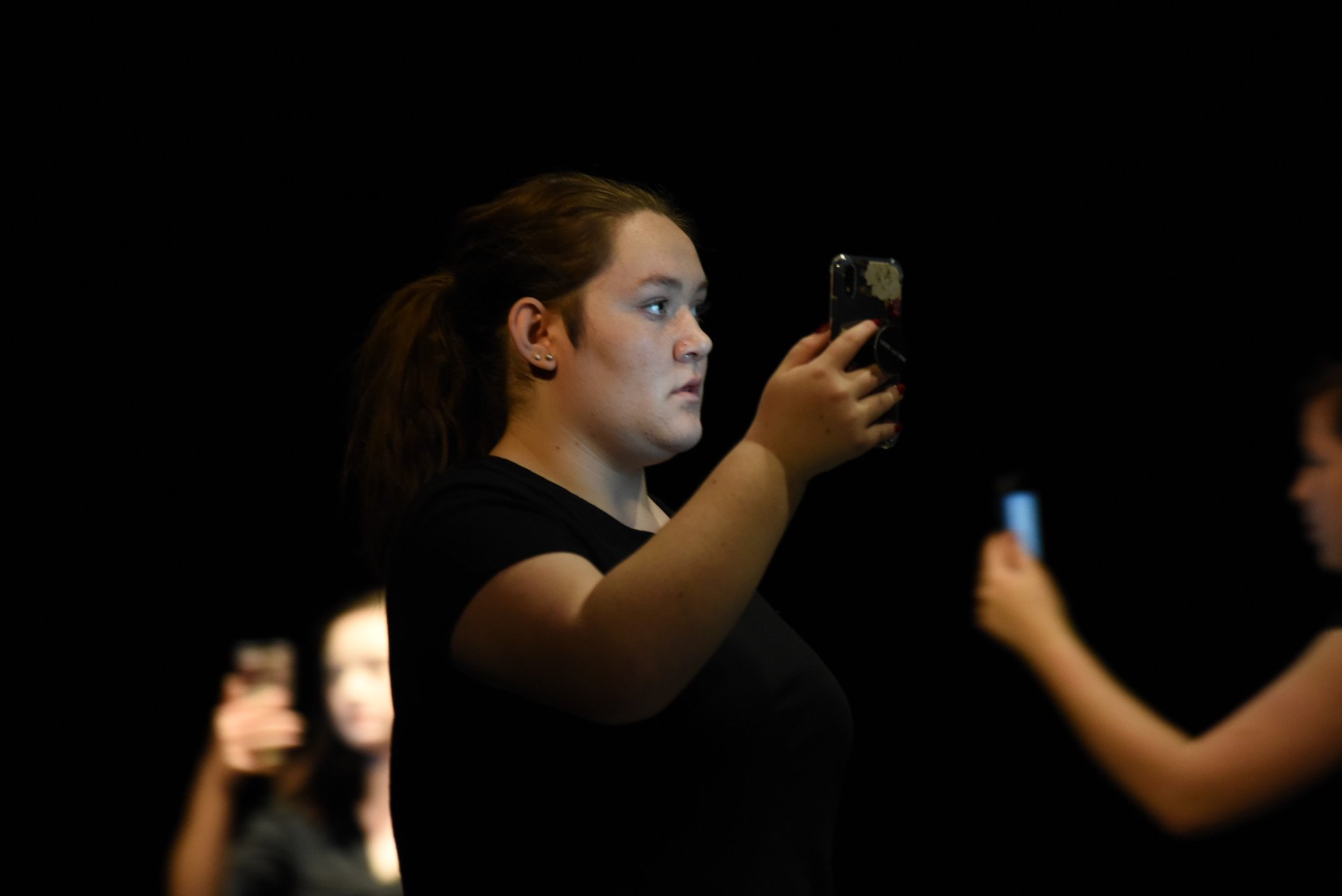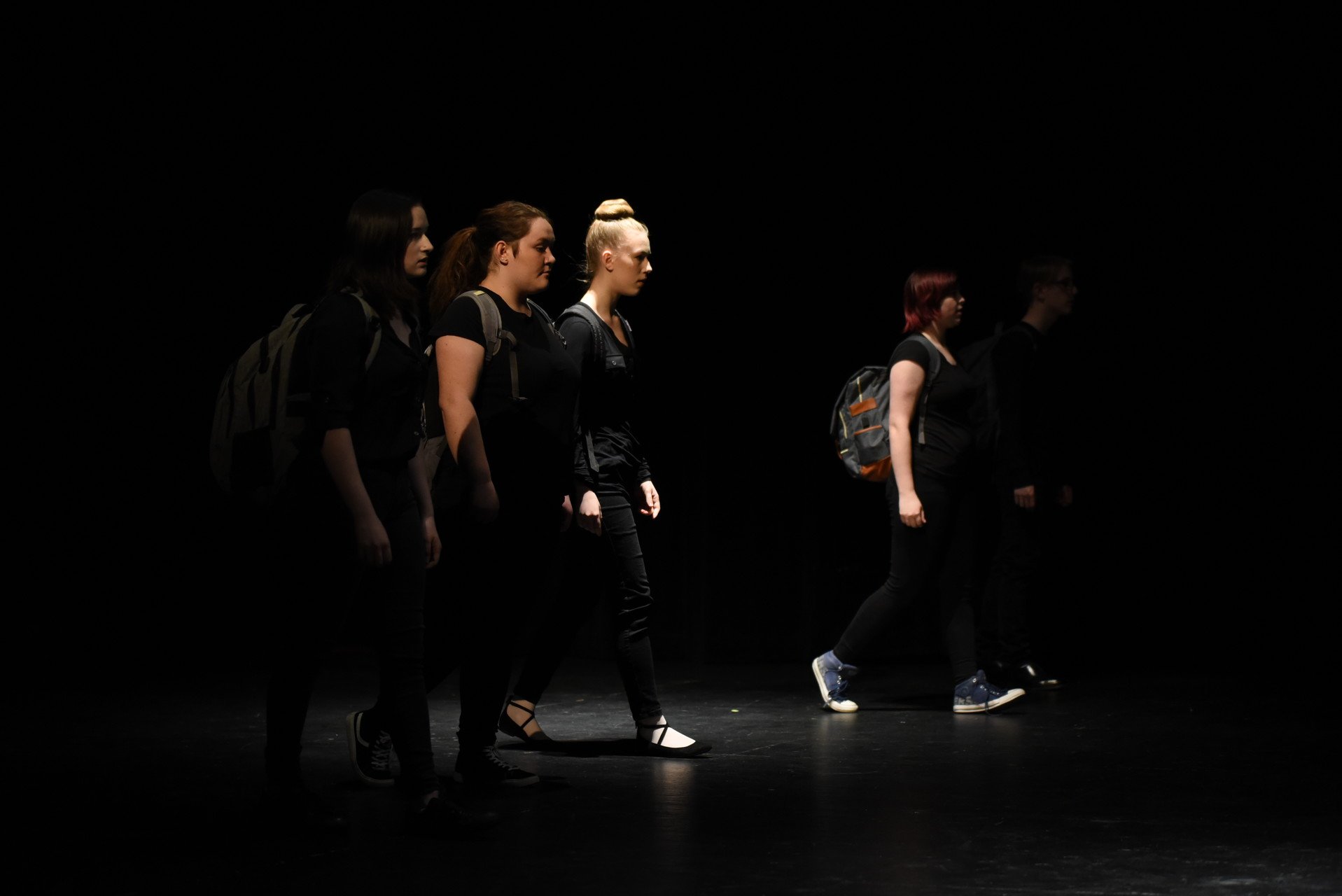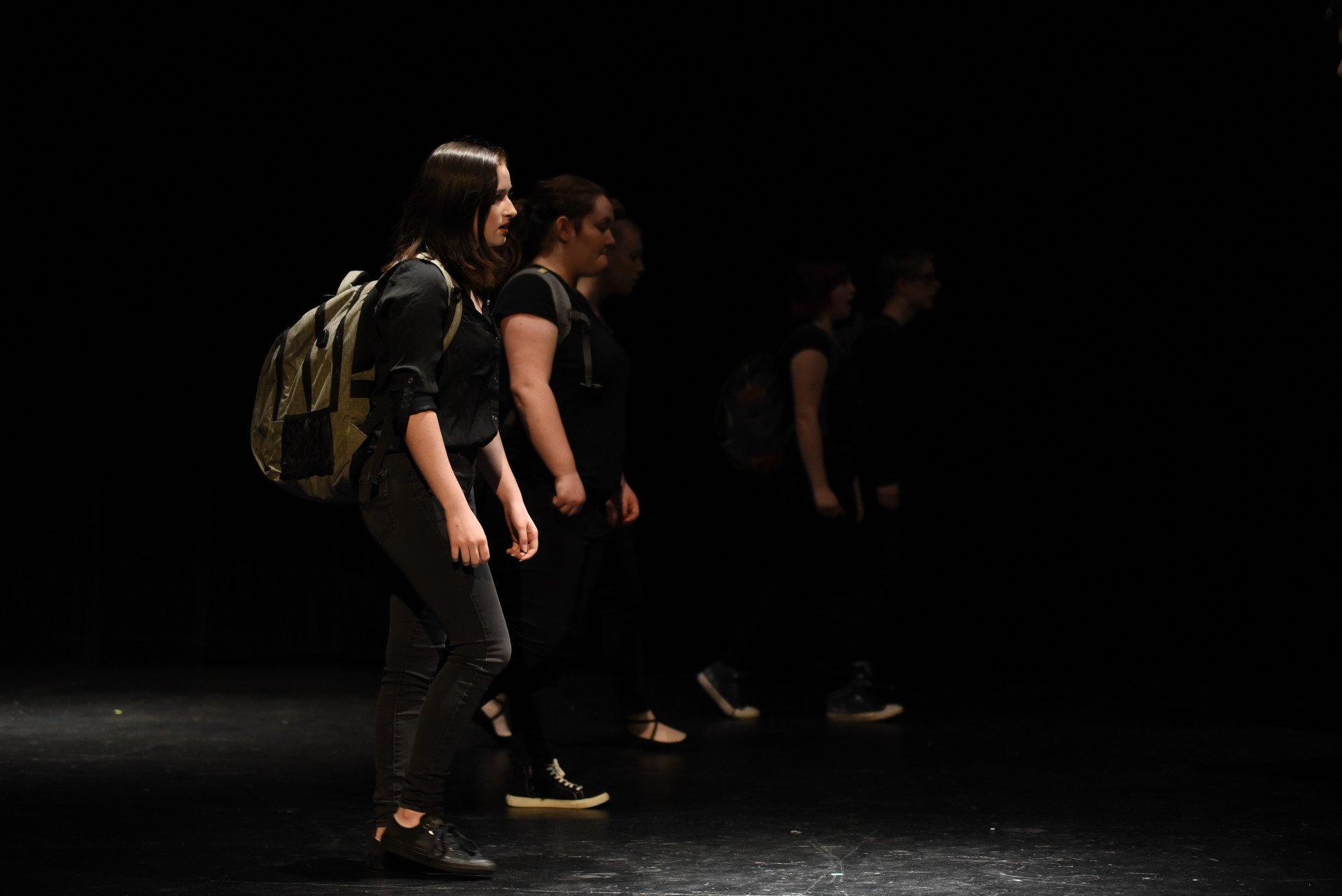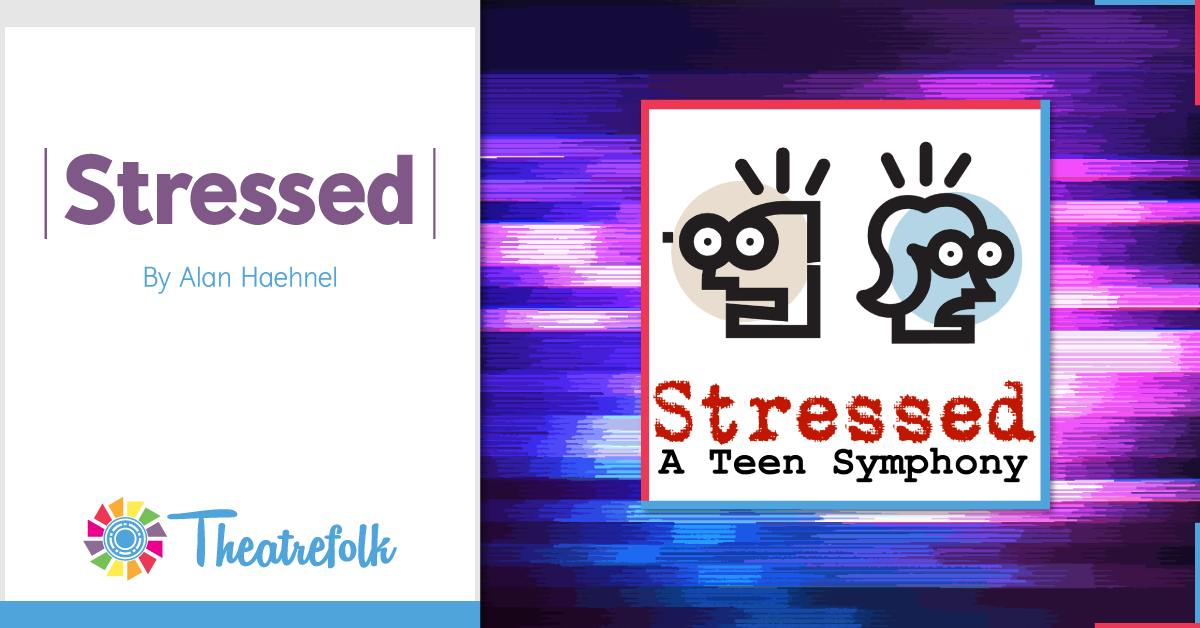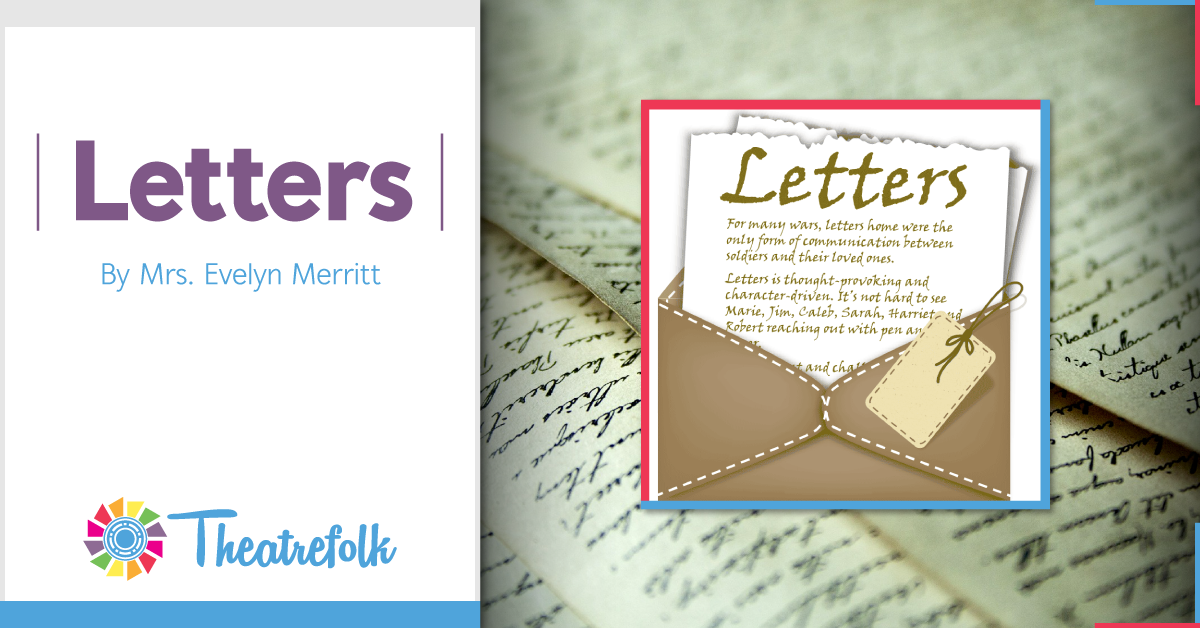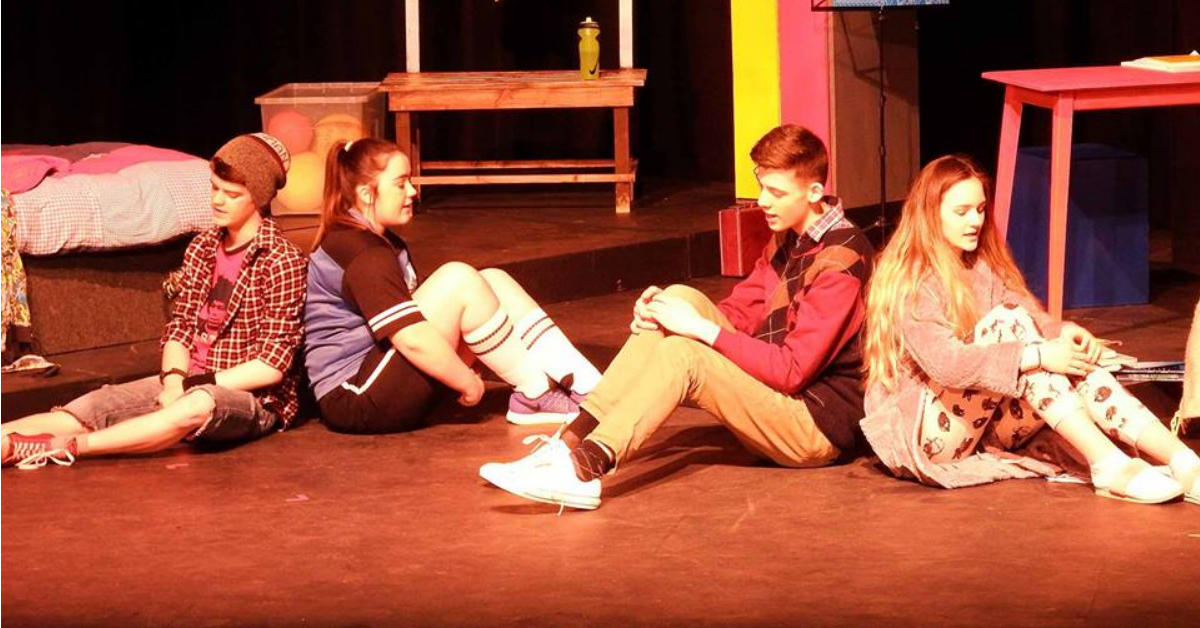Student Director Insights & Interpretations: Pressure
Pressure by Lindsay Price is not your average “teen angst” play. It’s theatrical. It’s character driven. Some of the teenagers succeed with dealing with their pressure, and some don’t. That’s the way life works.
Four teenagers struggle with life. Alex is a refugee. Tera is faced with an unpopular decision when all she wants to be is popular. Penny is getting up at five in the morning just so she can accomplish all she has to do in a day. And Kyle can’t live up to his parents’ expectations. It is the week before the prom and for these four characters, everything is coming to a head.
This play is candid and uncompromising, with no easy answers or neat and tidy endings. The script is ideal for groups who have varying degrees of ability. There are parts for both novice and advanced actors.
David Heywood and the students from Black Hills High School in Tumwater, WA didn’t feel the pressure when it came to their production of Pressure. Student director, Logan Hyer-Long shared thoughts on the group’s interpretation of the play and the successes and challenges of bringing one’s own ideas as a student director to a production:
Copyrighted in 1997, Pressure’s themes still resonate with today’s teenagers. Typically a phrase like “still resonates” would be used in reference to a classical piece of literature (or something at least written more than 22 years ago), but nowadays, society is changing quickly and drastically. This play was written before social media. Snapchat, Twitter, Instagram, Facebook, and even Myspace had not been injected into teen culture at this time. The clear theme of this piece is pressures, but when I read it I knew it was missing today’s biggest one: social media.
I was not initially drawn to this play, but when I saw the part of “The Mob”, I started to envision the possibilities: Incorporating phones as light sources that only revealed part of an actor; having a sound that is both random and cacophonous; people moving in patterns, with the same motions, but never crossing paths. All of these ideas reflected my opinions of social media. The Mob started to turn into a metaphor for the world that happens on our phones: incomplete, chaotic, and impersonal. While the general narrative can be seen as taking place in the pre-digital-age, our direction of “The Mob” is our way of incorporating the digital era.
We suggest as you watch scenes from Pressure to ask yourself, “Would this interaction happen in person today?”. Or try, “Would this monologue instead be a post to social media?”. How would this narrative be different if people had not reached out to someone else? In some instances, how would it be different if someone had? In general, how would this story be different in 2019?
Unfortunately not all of my ideas made it into the show. Some ideas made it, but did not happen how I had hoped. Others made the cut, but changed as rehearsals went on. Art is seldom complete; artists simply decide when their work is ready enough to be presented. I find it hard not to cling onto the frustrations throughout this process. This is what Alex and I have created. We created something, and that alone is something anyone should be proud of.
Amazing job, Black Hills High School!
Get a copy of the play Pressure now.
If you would like to be considered for an upcoming production feature, click here to submit your Theatrefolk play story.
